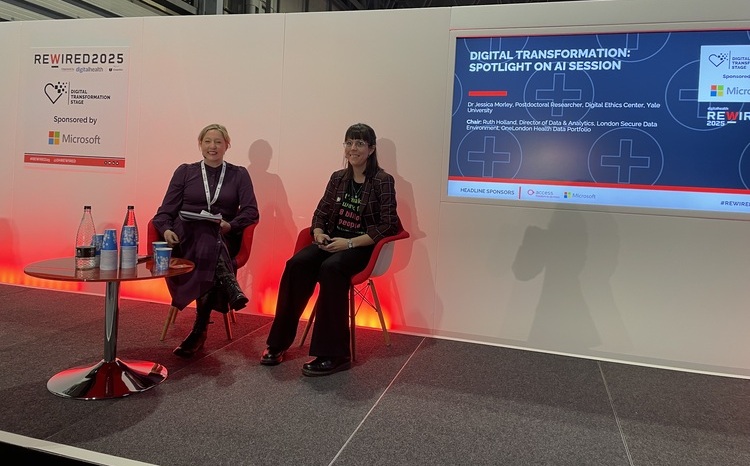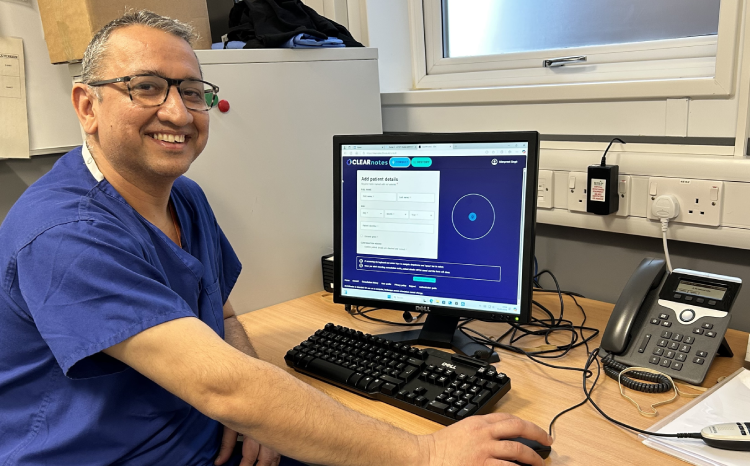Digital Health Coffee Time Briefing 
- 27 March 2025

Your morning summary of digital health news, information and events to know about if you want to be “in the know”.







Sleep quality in athletes could be improved with Graphic Interchange Formats (GIFs), according to research out of the University of Kent’s School of Natural Sciences.
A team of researchers from the University, worked with professional footballers from the Women’s Super League to assess self-reported areas of sleep hygiene that needed improvement. They then designed GIFs that would deliver a singular sleep hygiene message which were sent alongside a short text to recipients every evening for two weeks.
Messages were deliberately kept short and included ‘screens away 30 minutes before bed’ and ‘replace caffeinated drink with non-caffeinated herbal tea or water’.
Following the GIF interventions the female footballers reported improvements in their sleep habits by the close of the nine-week study.
The research paper ‘The use of individualised, media-based sleep hygiene education for professional female footballers’ was published in the European Journal of Sport Science in January 2025.

After six years of research, the Ada Lovelace Institute’s report, ‘Learn Fast and Build Things’, published on 14 March 2025, reveals critical lessons for the public sector’s AI adoption.
The research took in more than 30 reports and research publications and the resulting briefing sets out lessons for success to support the acceleration of AI in policymaking and public services.
The key lessons it highlights include: the need to contextualise AI; to learn what works; to deliver on public expectations and public sector values; and to think beyond the technology.
It emphasises the need for clear AI definitions, acknowledging data limitations and societal impacts, and moving beyond technical focus.
The report highlights a significant gap in understanding AI deployment within government, hindering accountability and knowledge sharing. It calls for rigorous AI effectiveness evaluations, transparent procurement and robust governance to ensure both safety and fairness.
It urges a shift from automation to reimagining public services with a citizen-centric approach, acknowledging the broad societal consequences of AI and the necessity of public trust and ethical considerations.
Ada Lovelace Institute’s new strategy is to place the AI agenda at its heart and consider “how and where AI can be deployed in ways that benefit public benefit, while balancing the needs of services, the public and the state.”

27- 28 March 2025, London — British Institute of Radiology’s AI Congress 2025




